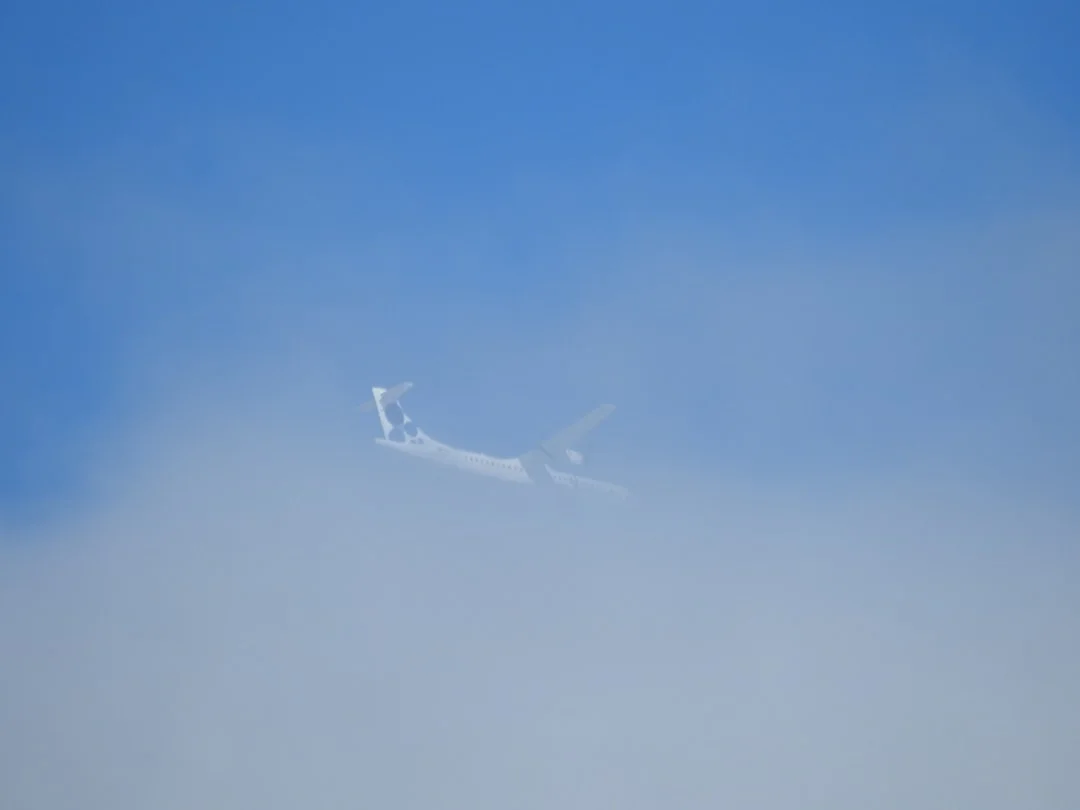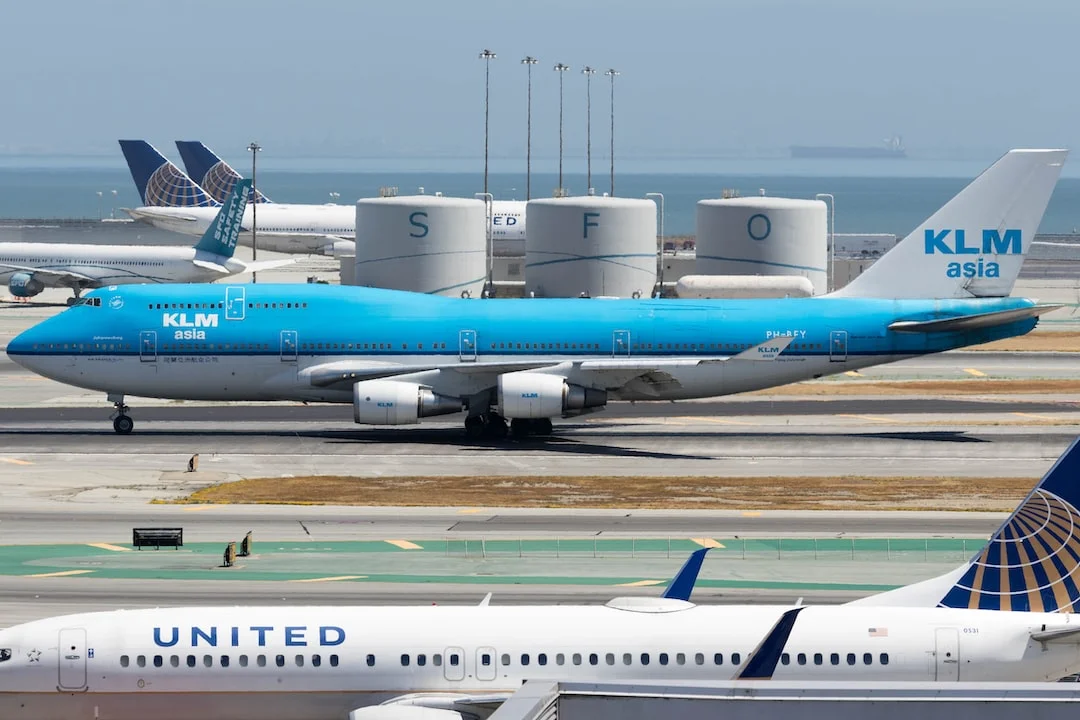The Airbus A320 is a popular aircraft in the aviation industry, known for its exceptional performance and advanced features. However, like any complex machinery, it is not immune to occasional malfunctions and defects. In such cases, aircraft manufacturers issue recalls to ensure the safety of passengers and crew. In this article, we will explore the concept of recalls on the Airbus A320 and understand their importance in maintaining the highest standards of aviation safety.
Contents
Recall on Airbus A320: Ensuring Safety Above All
A recall, also known by its abbreviation RCL, is a formal measure taken by an aircraft manufacturer to address safety-related defects or issues identified in a particular model or series of aircraft. The purpose of a recall is to prevent potential accidents or incidents that may arise due to these defects. Recalls are primarily initiated by the manufacturer, but they can also be mandated by aviation authorities or discovered during routine maintenance inspections.
When a recall is issued for an Airbus A320, it means that a specific component, system, or procedure on the aircraft has been identified as potentially faulty or unsafe. The manufacturer will provide detailed instructions to the operators and maintenance personnel on how to identify and rectify the issue. The operators are then responsible for implementing the necessary actions to ensure that the affected aircraft are brought into compliance with the required safety standards.
The Process of an Airbus A320 Recall
Once a safety issue is identified, the manufacturer initiates the recall process. This involves several steps to ensure effective communication, coordination, and implementation:
1. Issue Identification and Investigation
The first step in a recall is to identify the specific issue or defect that needs to be addressed. This can be done through various means, such as reports from operators, inspections, or data analysis. Once the issue is identified, a thorough investigation is conducted to understand the root cause and develop appropriate solutions.
2. Communication with Operators
Once the issue and its solution have been determined, the manufacturer communicates the recall to the operators of affected aircraft. This can be done through official notifications, service bulletins, or online portals. The communication includes detailed information about the nature of the issue, the potential risks involved, and the necessary steps to rectify it.
3. Implementation and Compliance
It is the responsibility of the operators to implement the necessary actions to comply with the recall requirements. This involves inspecting the affected components, systems, or procedures, and carrying out any repairs, replacements, or modifications as specified by the manufacturer. The operators must document and keep records of all the actions taken to demonstrate compliance.
Common Reasons for Airbus A320 Recalls
Recalls on the Airbus A320 can be initiated due to various reasons, ranging from minor issues to significant safety concerns. Some common reasons for recalls include:
1. Equipment Malfunctions
Recalls may be issued when specific equipment or components on the Airbus A320, such as avionics systems, hydraulic systems, or engine components, are found to be faulty or prone to malfunction. These recalls aim to ensure that all aircraft operating with the affected equipment are rectified, eliminating any potential risks.
2. Design or Manufacturing Defects
In some cases, design or manufacturing defects may be identified in certain models or series of the Airbus A320. These defects can range from structural issues to improper installation of components. Recalls are then issued to correct these defects and prevent any further occurrences or incidents.
3. Safety Directive Compliance
Recalls may also be initiated to ensure compliance with safety directives issued by aviation authorities. These directives may require modifications or replacements of specific components or systems to meet updated safety standards or address emerging safety concerns.
4. Operational Procedural Changes
Changes in operational procedures, such as updates to maintenance or flight manuals, can also trigger recalls. These changes are made to enhance operational safety, optimize performance, or ensure compliance with regulatory requirements. Recalls in such cases ensure that all operators have the updated information and can implement the revised procedures effectively.
Conclusion
Recalls play a crucial role in ensuring the safety and reliability of the Airbus A320 aircraft. They allow manufacturers and operators to address any potential issues or defects promptly, minimizing the risks to passengers and crew. By following the recall process and implementing the necessary actions, operators demonstrate their commitment to safety and the continuous improvement of aviation standards.
References:




